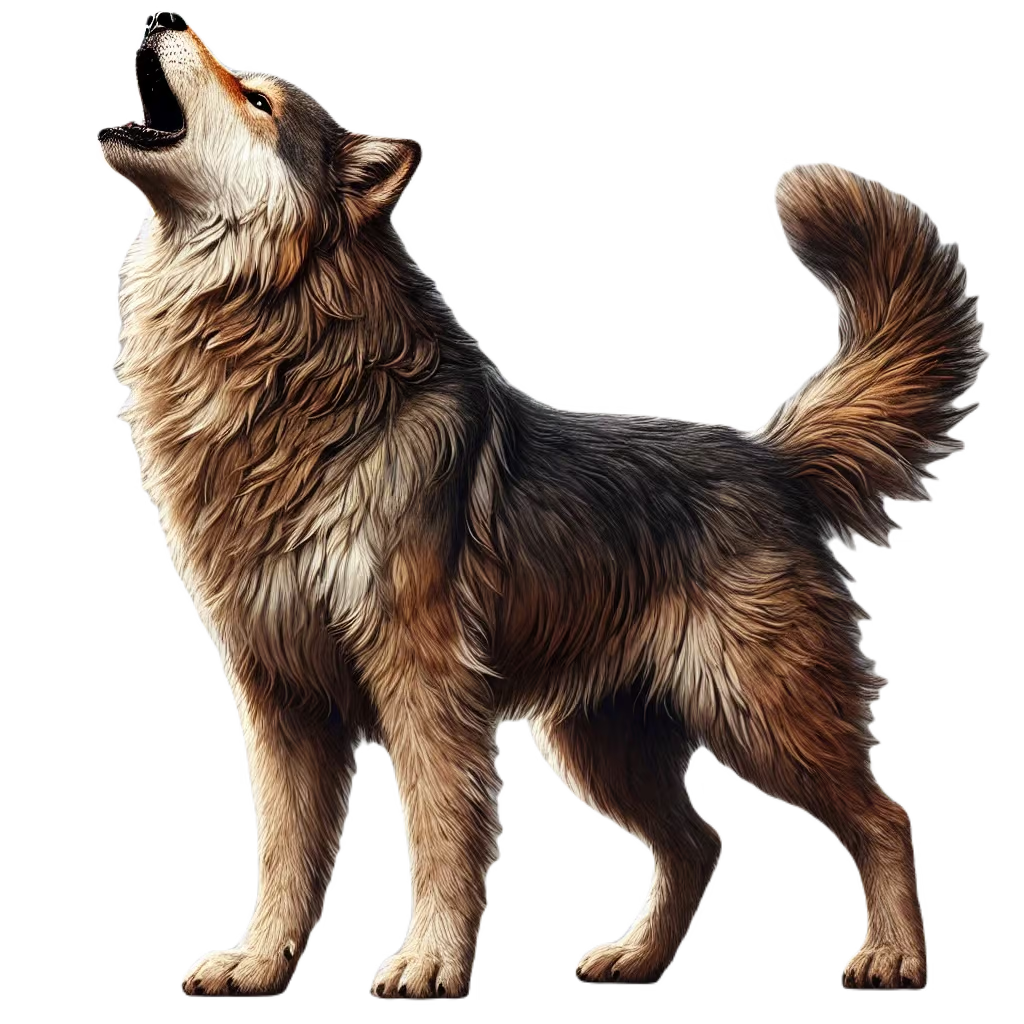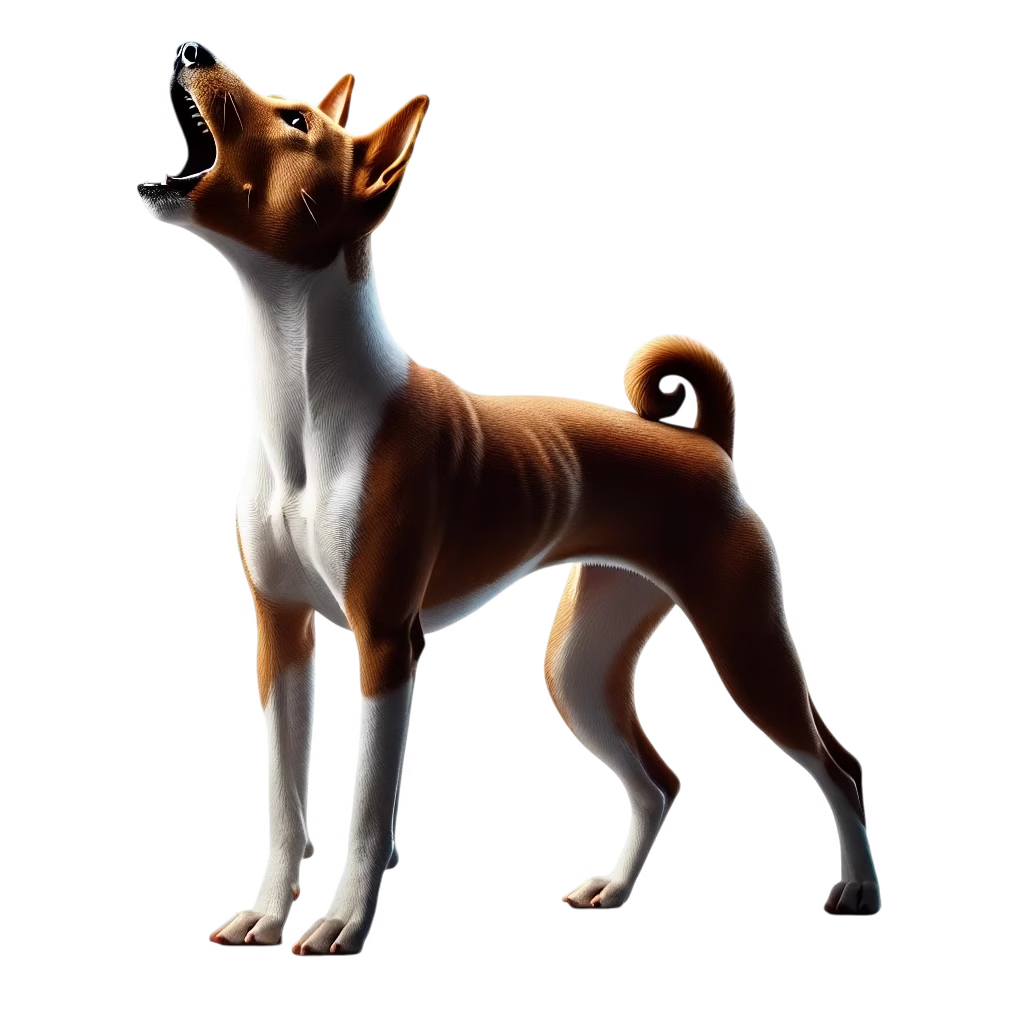How to interpret your dog’s howling – and why it matters
A dog’s howling can evoke many emotions – from curiosity and amusement to concern. Is it simply a reaction to sounds in the environment, or could it be a sign that your dog needs something? In this article, we explain why dogs howl, what might cause it, and what their howling can mean in different situations.

Why do dogs howl?
A dog’s howling can stir a range of emotions—from curiosity and amusement to concern. Is it just a reaction to environmental sounds, or a signal that the dog needs something? In this article, we explain why dogs howl, what it might mean, and how to understand this behaviour in different situations.
Why does my dog howl at sirens?
Dogs have extremely sensitive hearing and can detect sounds outside the range of human hearing. When they hear sirens from ambulances, fire engines, or police cars, they may interpret them as howls from other dogs or wolves. Their instinct is to “answer back,” which is why this behaviour is so common. It’s a natural reaction rooted in their genetic heritage.
Why does my dog howl at music?
Some dogs react to music, especially high-pitched sounds, in the same way they do to sirens. Howling along may be their way of “singing” or harmonising. They might also interpret certain notes as another dog howling. However, it’s worth observing whether the howling is playful or caused by anxiety or discomfort.
Why does my dog howl in their sleep?
When a dog howls in its sleep, it’s likely experiencing vivid dreams. Like humans, dogs go through a REM phase during which they process daily experiences. Howling may indicate that they are dreaming about events that triggered strong emotions. This is perfectly natural and usually nothing to worry about.
Why does my dog howl at night?
Night-time howling can be especially frustrating for owners. It may be caused by loneliness, boredom, or a need for attention. At night, with less background noise, dogs may hear sounds from outside more clearly, which can trigger howling. Some dogs may react to animals, voices, or traffic. If your dog is isolated at night and howls regularly, consider whether they’re experiencing separation anxiety.
Why does my dog howl when left alone?
Separation anxiety is a common issue in dogs and often reveals itself through howling when left alone. A dog may howl out of distress, hoping to bring their owner back or get attention. This type of howling is often accompanied by other signs of anxiety like destructive behaviour, scratching at doors, or indoor accidents. In such cases, it’s worth consulting a behaviourist to help reduce your dog’s stress.
Dog howling and superstitions
In many cultures, dog howling is linked to superstitions and symbolism. Some believe it foretells misfortune or death. In reality, these ideas have no scientific basis. A dog’s howling should be understood in terms of natural behaviour and needs—not old myths.
What to do when your dog howls
If your dog howls occasionally in response to specific stimuli like sirens or music, it’s usually harmless. But if the howling is frequent, sudden, or accompanied by other symptoms such as lethargy, loss of appetite, or aggression, it could indicate a medical or emotional problem. In these cases, a vet or behaviourist should be consulted.
Summary
Why do dogs howl? The reasons vary—from natural instincts and environmental reactions to emotions and health issues. Howling doesn’t always mean something is wrong, but if it becomes persistent or concerning, it’s important to find the cause. Understanding your dog’s howling helps you meet their needs and build a stronger bond.

